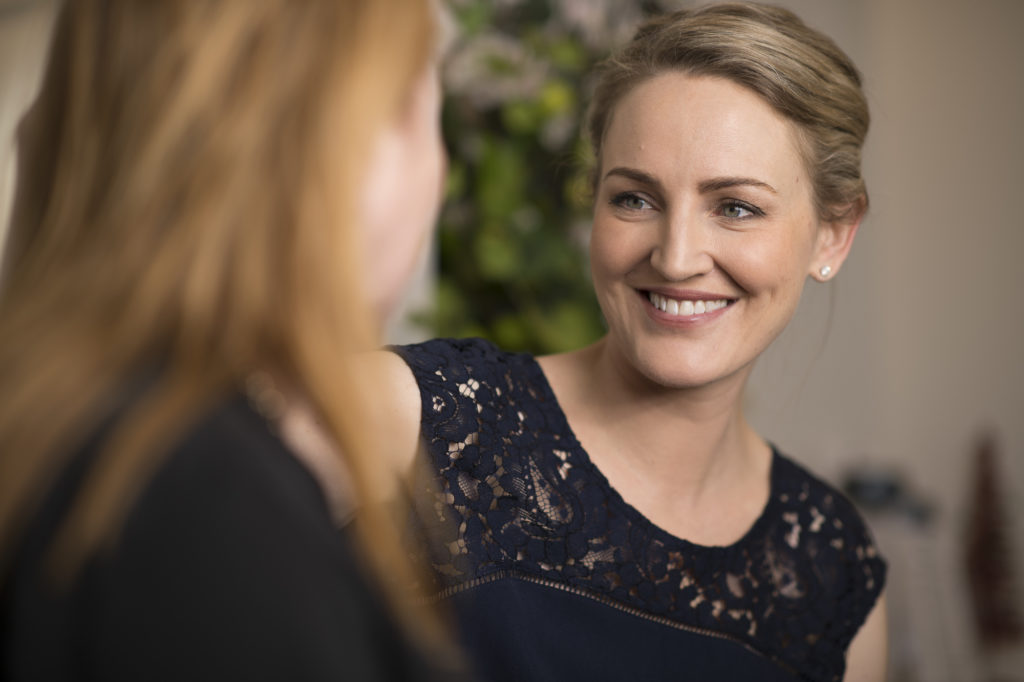
Cosmetic Injectables – Patient Experience
Dr Cara McDonald (MBBS BMedSci MPH FACD) is a highly trained and respected Melbourne-based dermatologist specialising in the field of cosmetic injectables. She is a Director and Principle Dermatologist at Complete Skin Solutions in Sunbury and Senior Medical Officer, Dermatology at St Vincent’s Hospital Melbourne.
As an educator and trainer in cosmetic injectables, travelling the world to speak at esteemed industry conferences including the Allergan Medical Institute Masters Education Program and Aesthetics 2019, Cara is focused on education and safety for patients and is passionate about the patient care aspects of cosmetic medicine to ensure patients receive a service, experience and outcome that is tailored to their individual needs.
Cara believes that despite being a medical discipline with many highly trained practitioners, cosmetic medicine remains an unregulated industry where not all practitioners have adequate training and patient care doesn’t always come first.
“Unfortunately, due to the disparity in education and training amongst practitioners in the field, the standard of care provided to patients is often suboptimal. Other than a usually a nursing, dental or medical degree (differs between countries), there is no minimum training required to operate in this field.
“In my years educating injectors, I commonly see the focus being on technique, but the consultation process is neglected. The best results can only be achieved by really understanding your patient as well as the anatomy and the aging process,” Cara said.
To shed greater light on this, Cara is undertaking a survey-based research project titled Cosmetic Injectables – Patient Experience. Its purpose is to explore what patients want and need from their practitioners, with the ultimate goal being an increased level of patient care across the cosmetic injectable industry.
“Patient satisfaction is essential to both the patient and the practitioner. For the patient, who is generally seeking to feel good about themselves, a high level of satisfaction from their treatment will promote this sense of wellbeing. For the practitioner, it aids in developing a loyal patient-base, return customers and word-of-mouth referrals. It also ensures practitioner job satisfaction and reduced stress”.
The study asks patients who have previously undergone cosmetic injectable treatments to complete a short survey which examines the treatment experiences they have had and what aspects of their care are most important to them.
The outcomes of the study are directed at teaching health care practitioners in the field of cosmetic injectables. It aims to demonstrate that functional care (patient experience) is as important to patients as technical excellence and improve the knowledge and understanding in the field.
“Cosmetic injectable practitioners need to spend more time with patients and prioritise the non-technical aspects of patient care. This includes a thorough consenting process, patient education, psychological screening and connecting with patients to build trust and rapport. This should be an important component of educating practitioners in the field of cosmetic injectables to improve the welfare and wellbeing of patient undergoing cosmetic injectable treatments,” Cara concluded.

